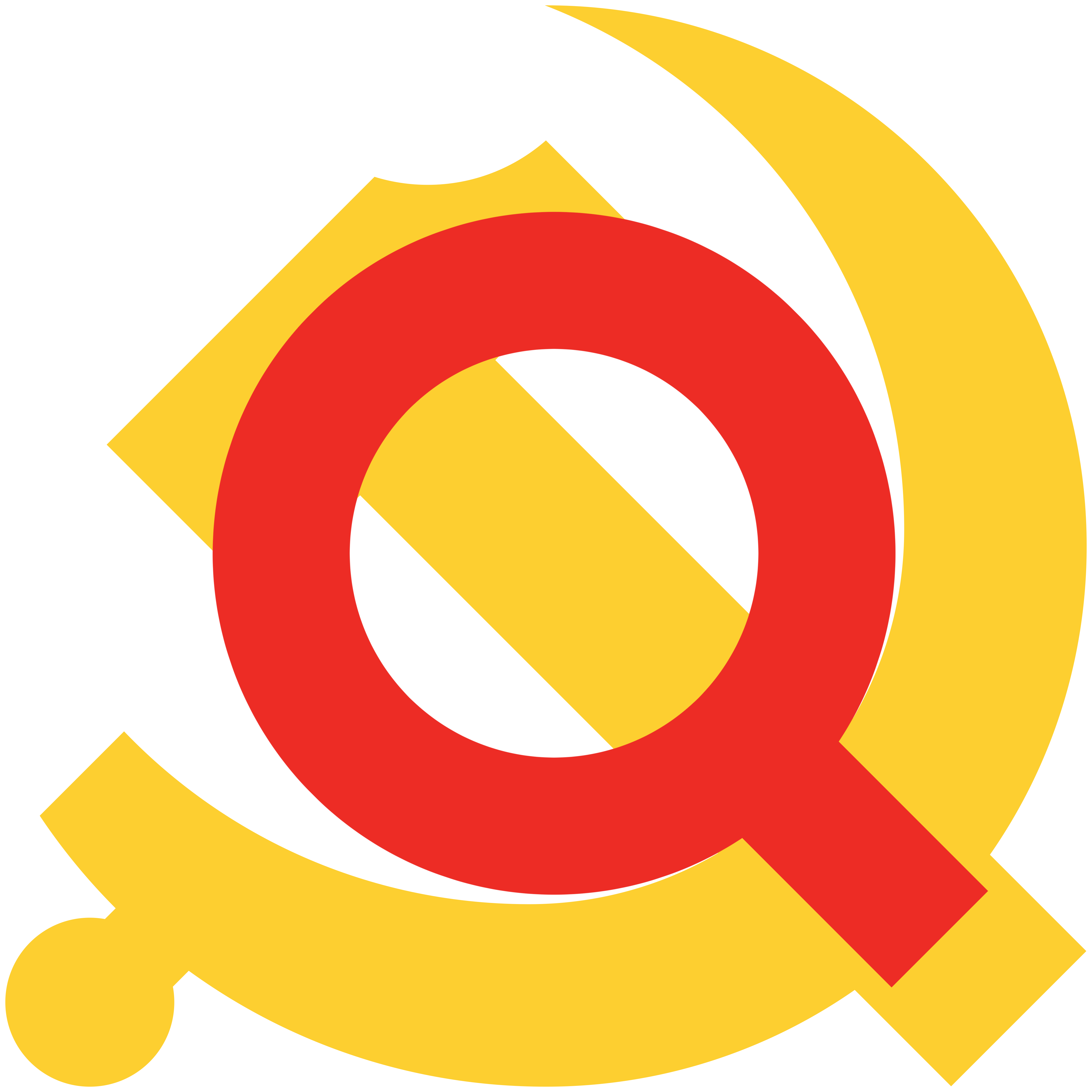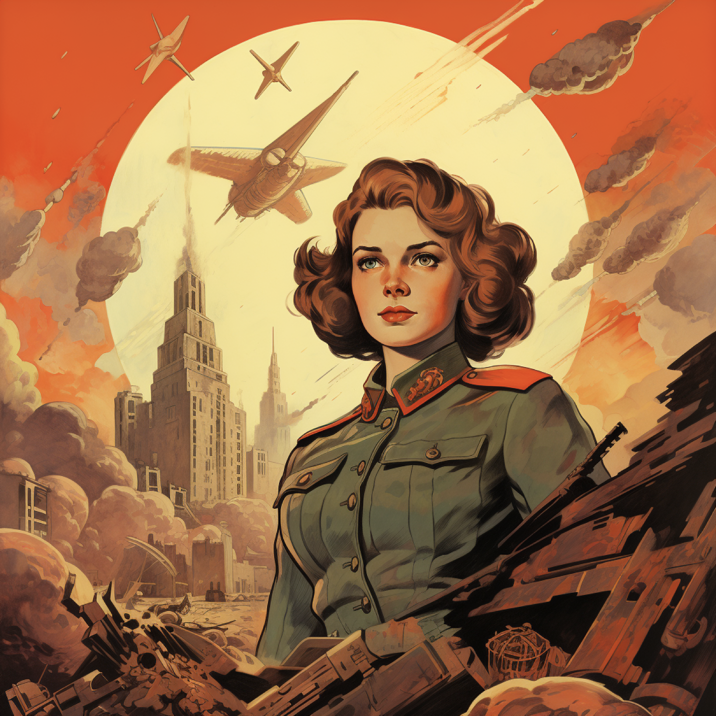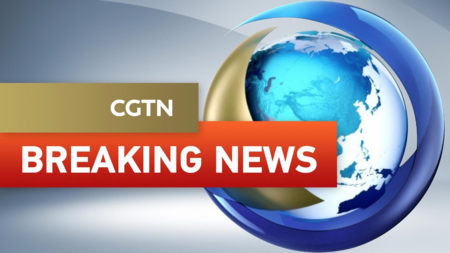In China, only the Special Administrative Regions (SARs) of Hong Kong and Macau have regional flags. We’re not like the US where each state has their own state flag, and I do not appreciate the idea of each province of China having its own provincial flag. If there could be provincial flags, there could be flags for every city/town/district/village, for every administrative region at each level, and if we want to be extreme, there could be flags for each family and for each individual.
While I am using a slippery slope argument of extreme individualism to oppose provincial flags, you can probably understand why this “individuality” has to stop somewhere.










There’s nothing wrong with being proud of a specific province/city/community, but any differences in human society can be used for reactionary division. Flags can be used for other purposes than as a symbol of national sovereignty, but a flag is also probably the most identifiable symbol of independence or separatist movements precisely because it can be seen as a symbol of national sovereignty. I think the political significance of flags outweigh any other aspects, if any.
At the end of the day, there’s nothing inherently wrong with having regional flags, but I oppose it.